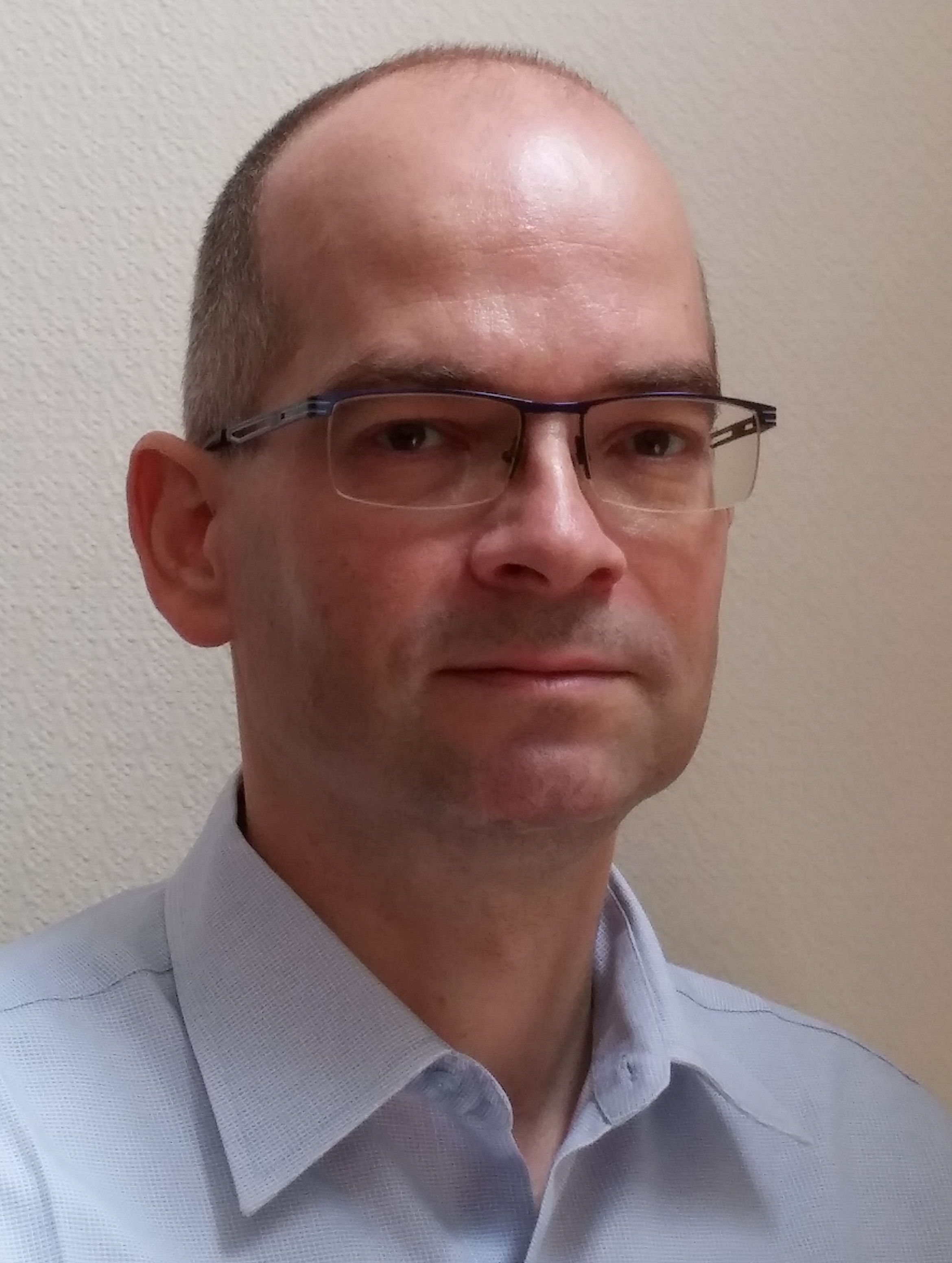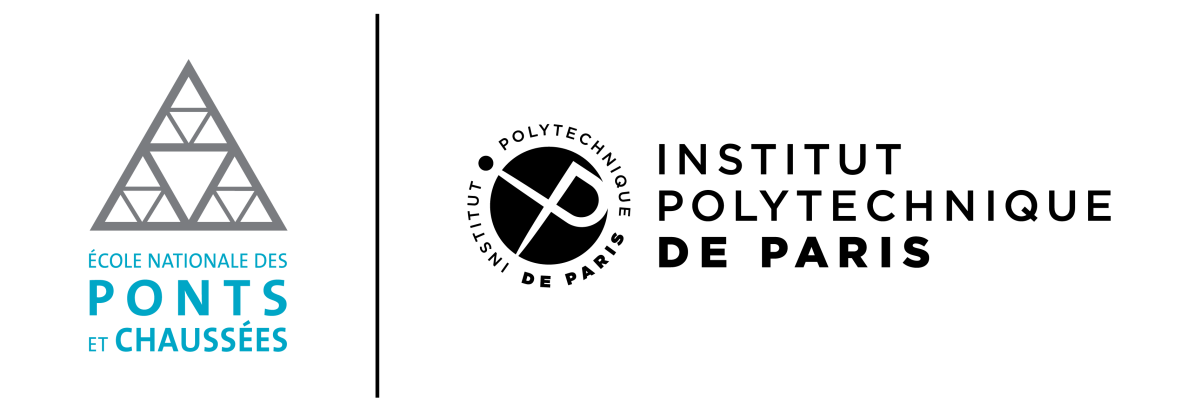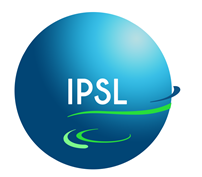Uncertainty quantification of the best estimate from an inverse problem
My colleagues from École des Ponts ParisTech , Tsinghua University , and IRSN institute and I have published a paper on the uncertainty quantification of the best estimate obtained from inverse problems. It makes a rigorous comparison of Bayesian methods and it improves some of them: Randomize-Then-Optimize, MCMC on adaptive grid (inspired from transdimensional analysis), importance sampling based on a Laplace proposal. These are applied to the uncertainty quantification of the retrieved source terms of the Chernobyl and Fukushima-Daiichi radionuclides atmospheric dispersion accidents. This is the first time such rigorous estimates are provided.
These problems are either solved using an empirical Bayes approach where the error statistics are estimated via an Expectation-Maximization algorithm, or using a hierarchical Bayesian approach where state and error statistics are estimated altogether.
The long title for the paper is Uncertainty quantification of pollutant source retrieval: comparison of Bayesian methods with application to the Chernobyl and Fukushima Daiichi accidental releases of radionuclides and will appear in the Quarterly Journal of the Royal Meteorological Society.



